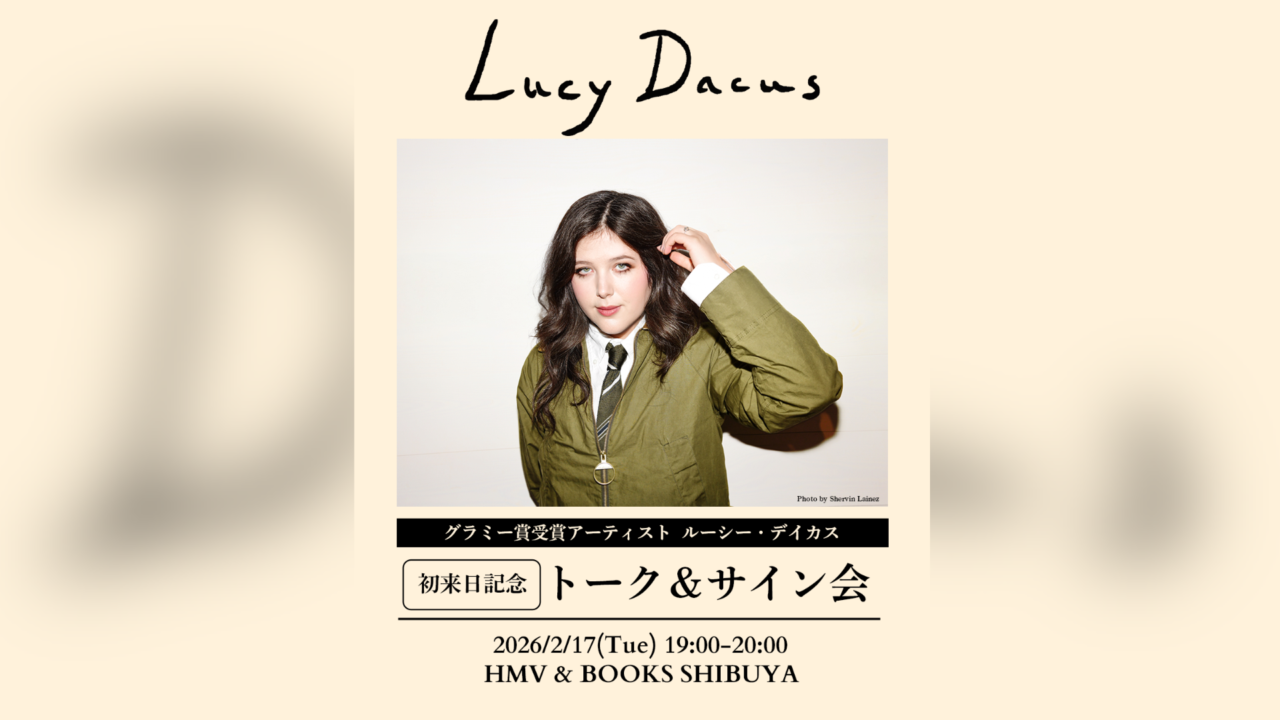INDEX
The Moment of Completion: When Does a Work Truly Finish and What Gaps Remain?
Gunji: I believe that the practice of art also relies on something that comes from the outside in the same way. It’s not simply about saying, “This is why the expression turned out this way”; rather, art serves as a device that invites us into an experience of sensing the external.
In other words, it’s crucial that a collection of first-person expressions isn’t just parallel but instead has an “opening” that allows it to extend into the external realm. I realize I’ve taken quite a roundabout way to get here… [laughs], but listening to OGRE YOU ASSHOLE’s music in preparation for this discussion made me feel that very sense of “art” in that context.
Deto: That’s great to hear. When I’m making music, there are moments when I suddenly think, “Ah, I’ve got it,” and I feel that relates to what you just mentioned. It’s not about having a completed vision in mind and actively working towards it; rather, it often comes unexpectedly while I’m simply playing the synthesizer or experimenting with sounds. It’s a sensation that can’t easily be put into words.
I can’t quite explain why I consider that moment as “complete,” but there’s definitely a sense of satisfaction. In Kato’s book Where Does Creativity Come From? — The World of Natural Expression (2023, Chikuma Shobo), he discusses how being thoroughly passive can lead to an active state of creation. I wonder if that state is somewhat similar to what I’m experiencing.

Gunji: As long as we live with self-awareness, it’s challenging to be completely passive; we inevitably maintain some active attitude. I believe it’s within this contradictory situation that creative acts become possible.
This idea doesn’t involve reaching a profound “enlightenment” through special training; rather, it can often occur in everyday situations. In that sense, the song “Outside the House,” which sings about a passive state of “waiting,” captures this feeling well.
Deto: That makes sense. I can’t articulate it precisely, but during live performances, I often find that when unexpected troubles arise instead of sticking to a pre-planned blueprint, the performances feel more genuine.
That’s why I intentionally include ambiguous parts in songs I’ve practiced many times. It’s as if I’m playing an unfamiliar piece, which brings me closer to the state you mentioned, where something emerges that can’t be measured by the usual concept of “high-quality performance.”
Katsuura: I get that. I’ve always disliked “skilled music” as a premise (laughs). When I listen to music that highlights the players’ technical abilities, I feel like “nothing is happening here.”
I used to have the desire to play the drums exactly as I wanted, but I’ve realized it’s impossible to play perfectly when my body is involved. Recently, I’ve come to find it interesting precisely because I can’t play exactly how I envision. In the past, I would try to eliminate any muddiness in the band’s rhythm during performances, thinking of it as noise, but in recent years, I’ve come to believe it’s better not to force everything to fit perfectly.
Gunji: I also create sculptures, but I’m at a stage where I can’t quite say, “I shouldn’t focus too much on technique,” so I recognize it might come off as presumptuous (laughs).
I believe a true artist is someone who can pinpoint the moment they think, “Ah, this is done.” In contemporary art, influenced by postmodern theories, there’s often a notion that the creative process involves continuously delaying that sense of completion. However, I believe there are still creators who experience a definitive moment of realization: “Ah, it’s finished.”
Even if outsiders perceive it as incomplete, the creator undeniably reaches that point of clarity: “This is complete.” I think that’s what enables them to carve out an “opening” in their work that connects to the external world. The objective reality of what that means is something that can’t be captured within an artificial intelligence-like framework.
























